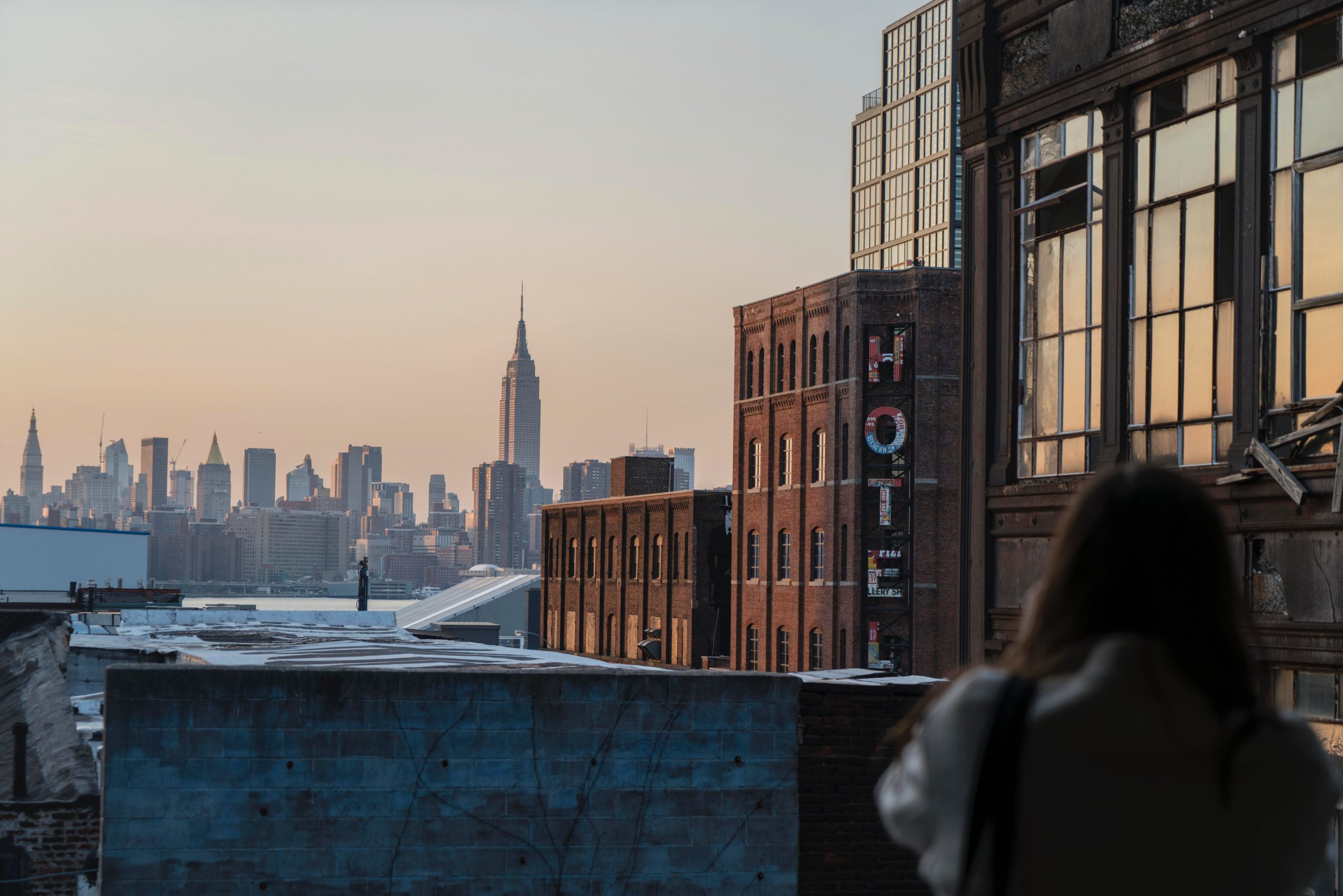How Airbnb changed the hotel industry
There was a time before COVID-19 when Airbnb was the biggest challenge for the hotel industry.
Authenticity and experiences became the new luxury and extravagance. Once a pesky disruptor, now a formidable concept, Airbnb capitalised on that shift.
Did Airbnb change the way we travel? Not really, it just understood the way we want to travel and now it has raised our expectations of accommodation and our standard for experiences.
Which is troublesome for hotels, good news for the traveller. So how did it happen? What did Airbnb actually do? Well, it provided three key things hotels weren’t providing.

A traveller might choose an Airbnb in Williamsburg over a hotel in Manhattan because it’s more affordable, flexible and authentic. Photo by Crew on Unsplash
Flexibility
There is perceived flexibility when staying with an Airbnb host rather than a hotel. Check-in and check-out times are arranged, you can buy and cook your own food, order in, there’s no set time for breakfast and so on.
Authenticity
When we choose Airbnb, whether through crafty marketing or true experiences, we believe that we are living like the locals, we feel a little less like a tourist, we feel like a traveller.
Affordability
Probably the biggest factor in Airbnb’s initial growth was the ability to pay only for what you need – just a bed rather than the amenities of a hotel. It has made the frills of hotels such as 24 hour reception, room service, concierge and so on increasingly irrelevant to the traveller.
Now, because of these three things, hotels can no longer emphasise a global brand and bank on corporate consistency, they have been forced to dip their toe or dive head-first into a new world of guest expectations.
It’s not as bleak as the death of hotels as some may report because business travel, conventions, group bookings, incentive trips and sporting events will always keep hotels in business. The issue is that hotels have greater competition now during peak periods and can no longer raise their prices and make a larger profit, take the Australian Open as an example, hotels can’t cash in on the demand over January because the amount of Airbnbs can now easily cater for the influx of tennis fans.
Still, there is no doubt it has shaken things up in the hotel business, some would even call it The Innovation Revolution as hotels scramble to adapt accordingly.
How are hotels adapting to Airbnb?
Some hotels are being flexible through technology and unique offerings. The Marriott will bring Moxy to Australia next year, which offers compact high-tech rooms, a smartphone app for keys to check in when you want, a full-service bar, grab-and-go food, highly social spaces such as high-energy lounges and co-working spaces.

Marriott International is one of the largest hotel brands in the world and has embraced the challenge of Airbnb.
Some hotels are endeavouring to be more local. Authenticity has lost a lot of meaning as a catchphrase for the hotel industry, but a good example is MGallery. While still a chain, they are designed to be different from each other to feel less… like a chain. The layout, the decoration, the services, even the smells are different from one hotel to the next, and designed to be in the character of the individual property and location.

MGallery Yogyakarta tells guests they will be immersed in a unique heritage boutique hotel and experience. LDWang/flickr CC BY
Some hotels are promoting what Airbnb can’t offer. Ibis Melbourne Central offers a similar average price per night to Airbnb with flexible options (like streaming your device to your TV), it has compact high-tech rooms but then also boasts the frills that Airbnb can not provide, such as 24 service and security, three dining options on-site and room service.
Whether they are token efforts or they are doing it well, the overall acceptance from hotels of the competition means guests will ultimately be rewarded.
So in the battle of Hotels Vs Airbnb, maybe the winner is actually the traveller. Because Airbnb has forced hotels to pick up their game and provide a higher standard based on what travellers actually want, so we can have better experiences regardless of where and how we travel.
Words by Scott Williams for blueprint
Photo by Simon Migaj on Unsplash





